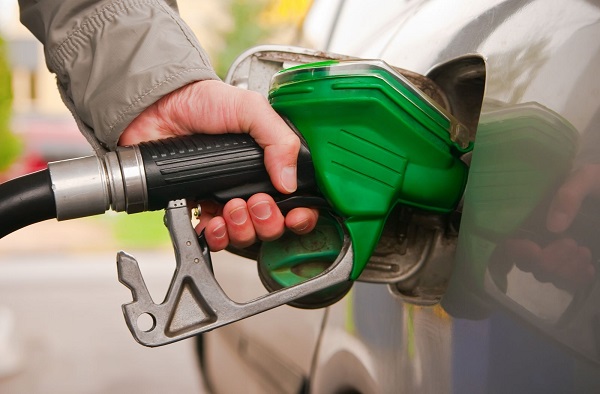
Sales in the oil sector increased by 6.2% in 2018, according to the Luxembourg Petroleum Group (GPL).
The leaders of the GPL today presented recent developments on the Luxembourg oil market. This included an unexpected 6.2% rise in sales compared to 2017.
Marked by an exceptional increase of 7% in road fuel sales and especially by an increase of 7% of the volume of jet fuel sold, the total level of sales of petroleum products in 2018 nevertheless remained below the levels achieved in the reference year 2005 (-1.2%). This trend was primarily due to a very dynamic economic situation in Europe and the exceptional situation that affected the oil sector in the last half of 2018.
On the one hand, the exceptionally low levels of the Rhine during the second half of the year caused a major transfer of river transport to train and especially road transport, resulting in a reduced transport capacity. This led to a significant increase in transport costs which has resulted in a significant increase in German pump prices, but also in shortages in a number of petrol stations on the German side towards the end of the year. On the other hand, the "yellow vests" movement in France and Belgium severely disrupted the supply chain of petroleum products through the blockage of motorways, petrol stations and oil depots. This has resulted in hundreds of dry petrol stations in neighbouring countries, which inevitably led to strong pressure on demand in Luxembourg during the last quarter of 2018.
In light of recent developments, the GPL has also returned to the issue of storage and oil depots in Luxembourg, recalling the importance of maintaining at least the current storage capacity in the country. The situation at the end of 2018 showed that these capacities give additional flexibility to the players and that it is important to optimise all logistical axes to ensure security of supply.
In addition, the GPL reacted to the government announcement to increase excise duties on petroleum products from 1 May as one of the measures to reduce the volume of sales on the territory and achieve the climate objectives under the Paris Agreements. Whilst difficult to predict the exact impact of this measure, the GPL highlighted that professional lorry drivers tend to be a very price-sensitive clientele and that a slight increase in excise duties may have had a significant impact on quantities sold. especially since the planned increase of 2 cents per litre on the Diesel will make the level of excise duty on diesel in Luxembourg higher than that in Belgium for the first time. The GPL added that this measure will have a fairly significant impact on the costs of the Luxembourg logistics sector and recalled that there are structural factors, such as increased use of biofuels (more expensive than fossil fuels) that will put upward pressure on prices in the coming months.
Finally, the GPL highlighted that the petroleum sector has some 2,600 jobs and it is therefore important to closely monitor sales trends and the impact of government measures in order not to jeopardise an important sector of the Luxembourg economy. At the level of changing mobility, the Group has also called for a complete comparison taking into account the entire life cycle of the various fuels, as well as different types of engine.








